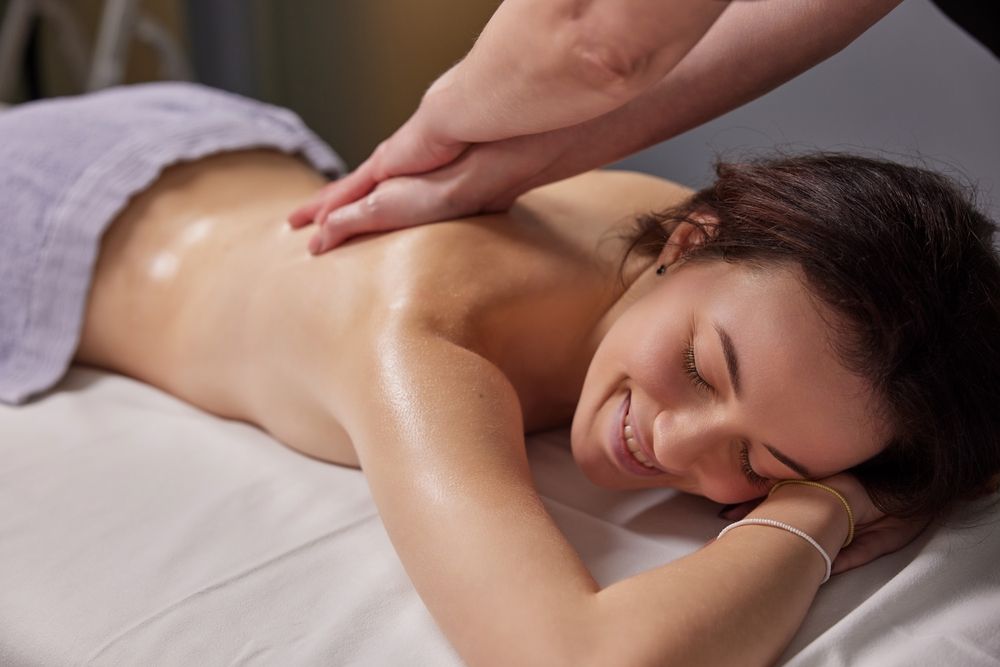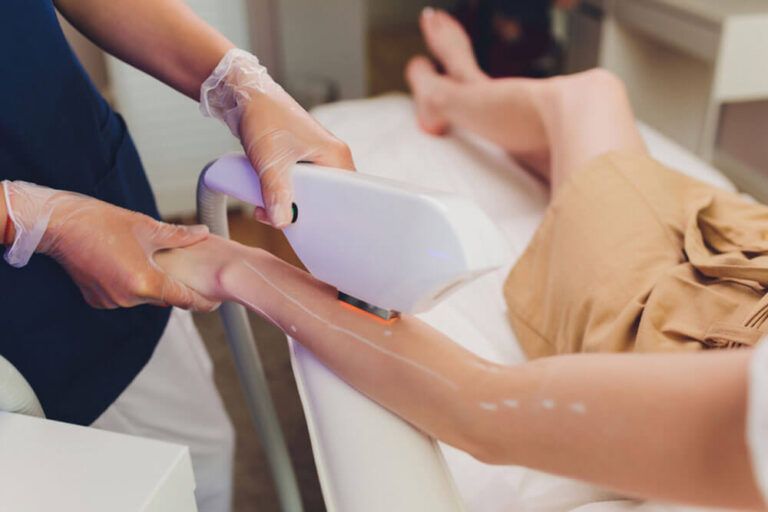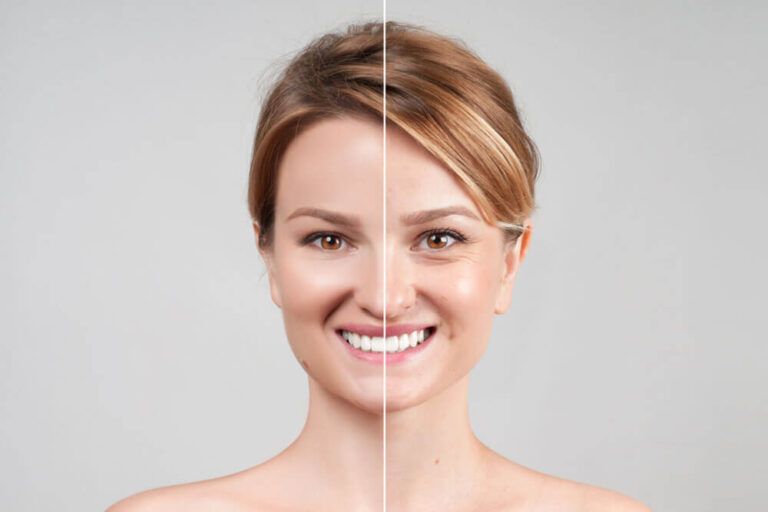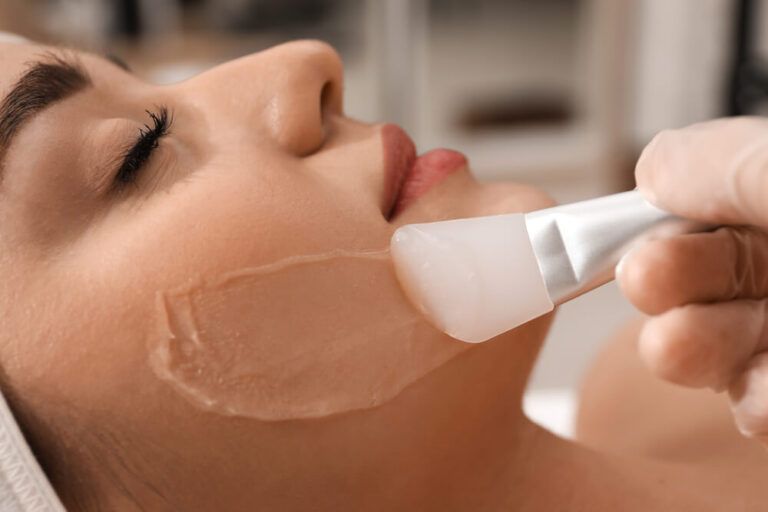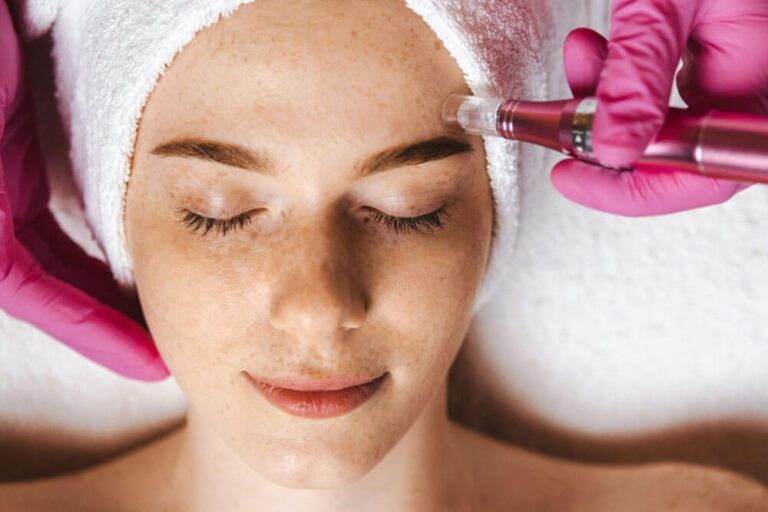In today’s fast-paced world, stress has become an almost ubiquitous part of daily life, affecting our physical and mental well-being. As we search for effective ways to manage and alleviate this stress, massage therapy has emerged as a popular and beneficial solution. Not only does it offer a moment of relaxation and escape, but it also brings scientifically-backed benefits that significantly reduce stress levels. In this blog, we will delve into the science behind massage therapy, exploring how it works to relieve stress and improve overall health. By understanding these mechanisms, we can better appreciate the profound impact massage therapy can have on our lives.
In This Blog:
- Understanding Stress and Its Effects on the Body
- How Massage Therapy Works
- The Science Behind Massage Therapy for Stress Relief
- Psychological Benefits of Massage Therapy
Understanding Stress and Its Effects on the Body
Stress is a natural response to challenging or threatening situations, activating the body’s “fight or flight” response. While occasional stress can be beneficial, chronic stress has detrimental effects on both physical and mental health. Common sources of stress include work pressures, financial concerns, and personal relationships.
Physically, stress manifests in various ways, such as headaches, muscle tension, fatigue, and digestive issues. Psychologically, it can lead to anxiety, depression, irritability, and difficulty concentrating. Over time, chronic stress contributes to serious health problems, including heart disease, hypertension, weakened immune function, and mental health disorders.
How Massage Therapy Works
Massage therapy encompasses a range of techniques designed to manipulate the soft tissues of the body, including muscles, tendons, and ligaments. Popular methods include Swedish massage, known for its gentle, flowing strokes; deep tissue massage, which targets deeper muscle layers; and aromatherapy massage, which incorporates essential oils for added therapeutic benefits. Even facials utilize massage techniques to improve circulation.
The body’s physiological response to massage is multifaceted. Massage stimulates the skin and underlying tissues, promoting circulation and encouraging the release of tension. It also activates the body’s natural relaxation mechanisms, helping to shift the nervous system from a stressed, sympathetic state to a calm, parasympathetic state. This shift is crucial for reducing stress and enhancing overall well-being.
The Science Behind Massage Therapy for Stress Relief
Activation of the Parasympathetic Nervous System
Massage therapy activates the parasympathetic nervous system, the part of the autonomic nervous system responsible for rest and relaxation. When the parasympathetic nervous system is engaged, it counteracts the body’s stress response, reducing heart rate and blood pressure. This state of relaxation helps the body recover from the physical effects of stress, promoting a sense of calm and well-being.
Reduction of Cortisol Levels
Cortisol, often referred to as the “stress hormone,” plays a key role in the body’s stress response. Elevated cortisol levels are associated with various health issues, including increased anxiety, weight gain, and impaired immune function. Research has shown that massage therapy can significantly reduce cortisol levels in the body. A study published in the International Journal of Neuroscience found that a single session of massage therapy decreased cortisol levels by up to 31%, demonstrating its effectiveness in combating stress.
Increase in Serotonin and Dopamine
Serotonin and dopamine are neurotransmitters that regulate mood, emotion, and overall well-being. Low levels of these chemicals are linked to depression and anxiety. Massage therapy has been shown to increase the production of serotonin and dopamine. According to a study in the Journal of Clinical Psychiatry, participants who received regular massages experienced a notable increase in these neurotransmitters, leading to improved mood and reduced stress.
Release of Muscle Tension
Stress often causes muscle tension, leading to discomfort and pain. This tension can be particularly noticeable in areas such as the neck, shoulders, and back. Massage therapy works by targeting these tense muscles, using techniques that promote relaxation and improve blood flow. The physical manipulation of tissues helps to break down adhesions and reduce stiffness, providing relief from pain and tension. As the muscles relax, the body’s overall stress levels decrease, further contributing to a sense of well-being.
These physiological responses collectively demonstrate how massage therapy effectively reduces stress. By understanding the science behind these mechanisms, we can better appreciate the profound impact that regular massage therapy can have on our health and quality of life.
Psychological Benefits of Massage Therapy
Massage therapy not only provides physical relief but also offers significant psychological benefits, contributing to overall mental health and well-being.
Enhanced Mood and Mental Clarity
One of the most immediate psychological benefits of massage therapy is an enhanced mood. The gentle, rhythmic movements and soothing touch promote a state of relaxation, releasing endorphins—natural painkillers and mood elevators. This increase in endorphin levels leads to a feeling of euphoria and well-being. Additionally, massage therapy helps clear the mind, improving mental clarity and focus. Clients often report feeling more alert and capable of tackling daily challenges after a session.
Reduction in Anxiety and Depression Symptoms
Chronic stress can lead to anxiety and depression, significantly impacting a person’s quality of life. Massage therapy has been shown to alleviate symptoms of these conditions. By reducing cortisol levels and increasing serotonin and dopamine, massage therapy helps balance the body’s biochemistry. Studies have demonstrated that regular massage sessions can lower anxiety and depression scores, providing a natural, non-pharmaceutical way to manage these mental health issues.
Improved Sleep Quality
Stress and anxiety often disrupt sleep patterns, leading to insomnia or poor-quality sleep. Massage therapy promotes relaxation and reduces muscle tension, which can significantly improve sleep quality. The release of serotonin, a precursor to melatonin (the sleep hormone), helps regulate sleep cycles. Many clients find that they fall asleep more easily and experience deeper, more restful sleep following massage therapy. Improved sleep not only enhances mood and cognitive function but also supports overall health and well-being.
These psychological benefits highlight the comprehensive impact of massage therapy on both the mind and body. By addressing the psychological aspects of stress, massage therapy offers a holistic approach to improving mental health and enhancing quality of life.
Conclusion
Massage therapy offers a scientifically backed approach to alleviating stress, providing both physical and psychological benefits. By activating the parasympathetic nervous system, reducing cortisol levels, increasing serotonin and dopamine, and releasing muscle tension, massage therapy effectively mitigates the harmful effects of stress on the body. Furthermore, its positive impact on mood, anxiety, depression, and sleep quality underscores its role as a comprehensive solution for stress management. Embracing regular massage therapy can be a valuable component of a holistic wellness plan, helping individuals achieve a healthier, more balanced life.
Yuliya Crosley, ARNP is a registered nurse with 28 years of experience in the medical field and 5 plus years in medical aesthetics. She has been internationally trained by some of the most advanced aesthetic providers and plastic surgeons in the country and abroad, is certified in advanced aesthetic procedures and facial rejuvenation, and attends multiple workshops, seminars, symposiums, and trainings. She is an expert in dermal fillers, facial profile balancing, lips augmentation, advanced aesthetic laser skin resurfacing, body contouring, PDO thread lift, and medical grade skin care.


